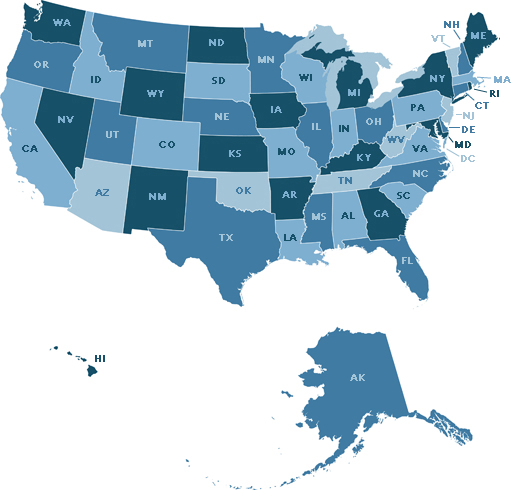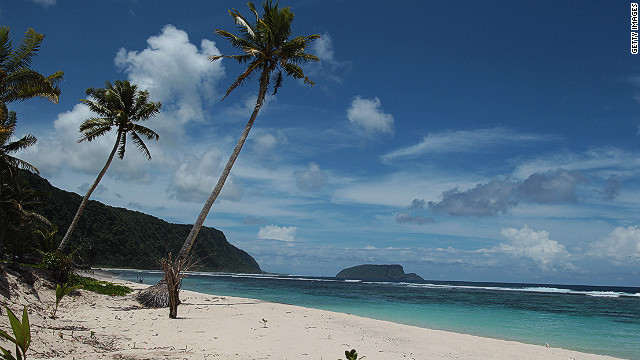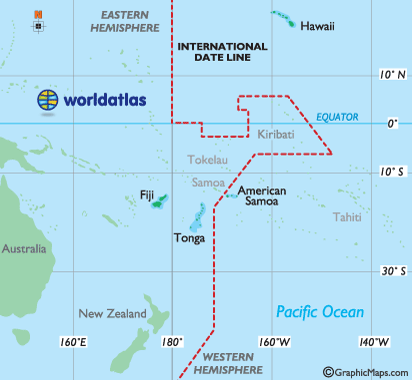A research report by Robert E Scott in 2008 titled "The China trade toll :Widespread suppression, 2 million jobs lost in the U.S" analyses the impact of China on the U.S economy, especially its impact on jobs and wages in the U.S.
The impact is considered serious,
"The growth of U.S. trade with China since China entered the World Trade Organization in 2001 has had a devastating effect on U.S. workers and the domestic economy. Between 2001 and 2007 2.3 million jobs were lost or displaced, including 366,000 in 2007 alone. New demographic research shows that, even when re-employed in non-traded industries, the 2.3 million workers displaced by the increase in China trade deficits in this period have lost an average $8,146 per worker/year. In 2007, these losses totalled $19.4 billion."
Estimating a loss of jobs as well as wages across the country it pegs the figures as follows:


I wonder if any analysis of impact of trade with China on different states of India have been made by the Government or research body on these lines. It would be interesting to study the impact of trade on specific state economies in a federal polity.
The United States Trade Representative (USTR) website has an interesting analysis of benefits of trade to each of the States of the Union, along with a national picture of benefits.

The United States Trade Representative (USTR) website has an interesting analysis of benefits of trade to each of the States of the Union, along with a national picture of benefits.

A state-specific cost-benefit analysis of international trade is crucial for evolving a national strategy for international trade.
The report concluded by stating,
"The growing U.S. trade deficit with China has displaced huge numbers of jobs in the United States and has been a prime contributor to the crisis in manufacturing employment over the past six years. Moreover, the United States is piling up foreign debt, losing export capacity, and facing a more fragile macroeconomic environment.
Is America’s loss China’s gain? The answer is most certainly no. China has become dependent on the U.S. consumer market for employment generation, has suppressed the purchasing power of its own middle class with a weak currency, and, most importantly, has held hundreds of billions of hard currency reserves in low-yielding, risky assets instead of investing them in public goods that could benefit Chinese households. Its vast purchases of foreign exchange reserves have stimulated the overheating of its domestic economy, and inflation in China has accelerated rapidly in the past year. Its repression of labor rights has suppressed wages, thereby artificially subsidizing exports.
The U.S-China trade relationship needs a fundamental change. Addressing the exchange rate policies and labor standards issues in the Chinese economy are important first steps."
P.S : I had an interesting experience today at my daughter's school carnival. There were a number of stalls and the school teachers had organised sales of a number of nice stuff for kids. Well, since the stuff was being sold were by the teachers of school kids, one could not refuse! We picked up a bag full of goodies. A cute pair of slippers for my daughter. Made in China. The bag in which it was sold was made in China. A toy car. made in China. No doubts about the source of majority of goods in this carnival! Time for a report of this kind about India-China trade deficit?









